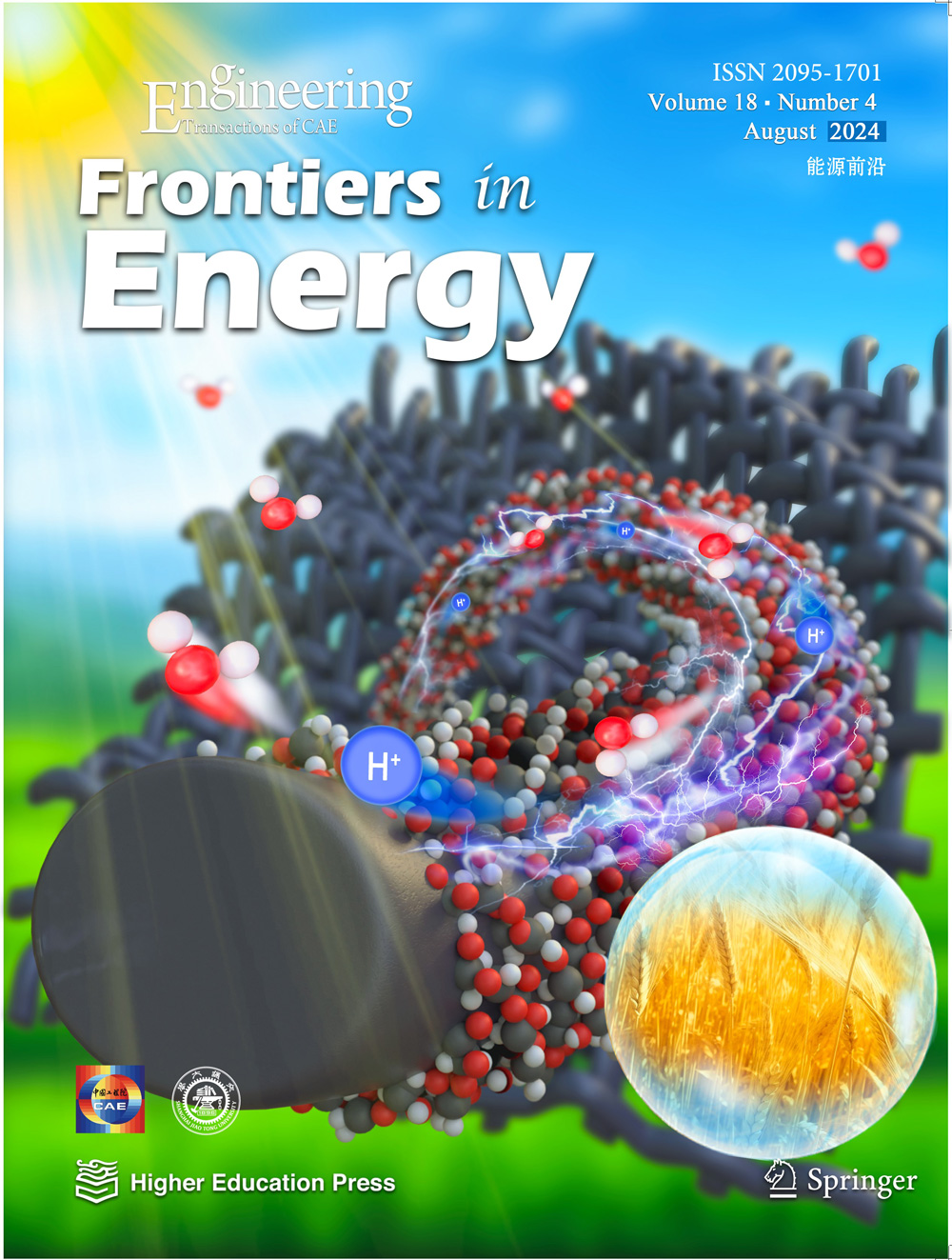Intelligent power systems can improve operational efficiency by installing a large number of sensors. Data-based methods of supervised learning have gained popularity because of available Big Data and computing resources. However, the common paradigm of the loss function in supervised learning requires large amounts of labeled data and cannot process unlabeled data. The scarcity of fault data and a large amount of normal data in practical use pose great challenges to fault detection algorithms. Moreover, sensor data faults in power systems are dynamically changing and pose another challenge. Therefore, a fault detection method based on self-supervised feature learning was proposed to address the above two challenges. First, self-supervised learning was employed to extract features under various working conditions only using large amounts of normal data. The self-supervised representation learning uses a sequence-based Triplet Loss. The extracted features of large amounts of normal data are then fed into a unary classifier. The proposed method is validated on exhaust gas temperatures (EGTs) of a real-world 9F gas turbine with sudden, progressive, and hybrid faults. A comprehensive comparison study was also conducted with various feature extractors and unary classifiers. The results show that the proposed method can achieve a relatively high recall for all kinds of typical faults. The model can detect progressive faults very quickly and achieve improved results for comparison without feature extractors in terms of F1 score.


